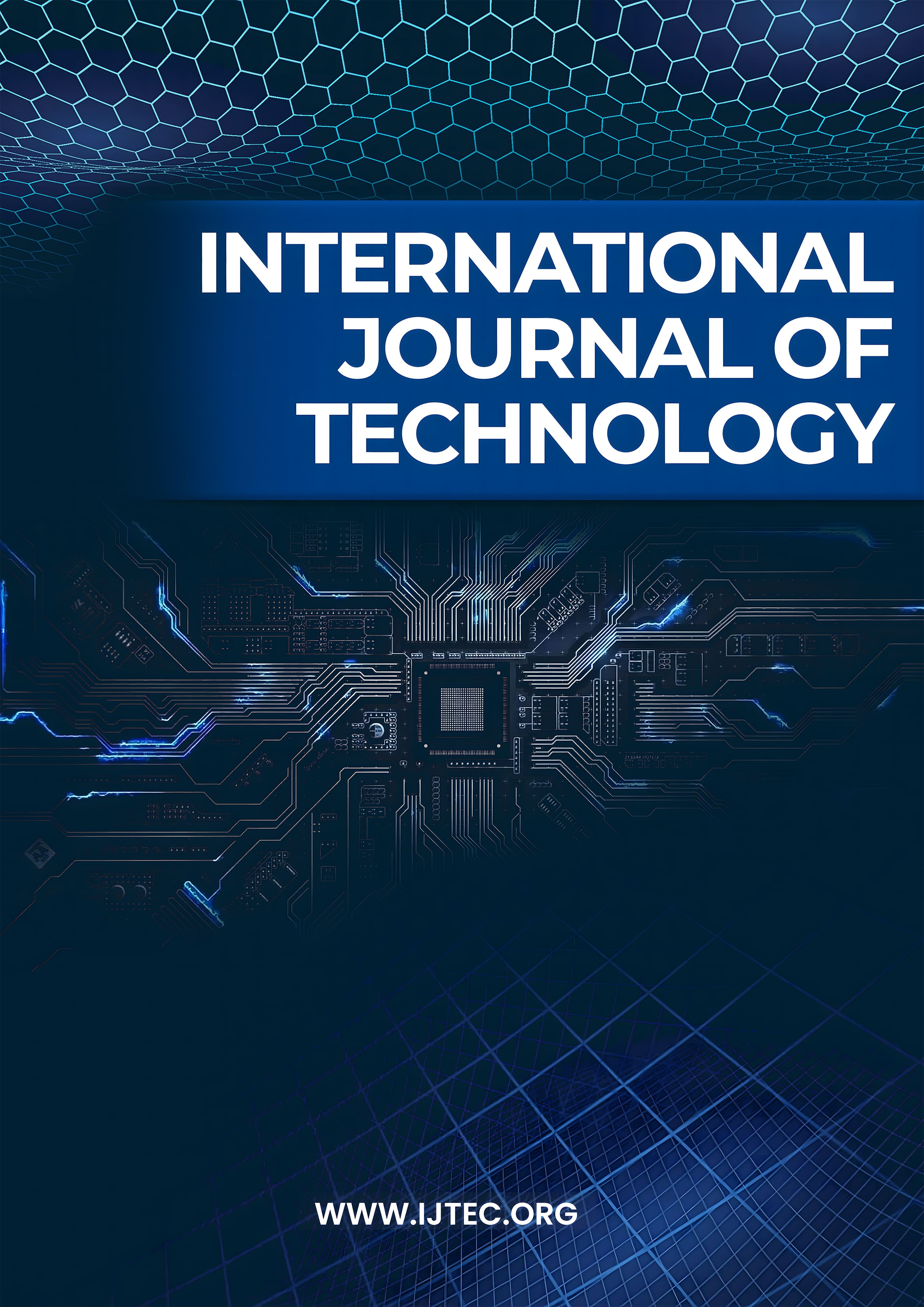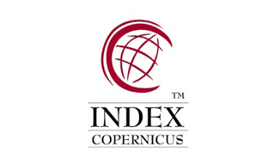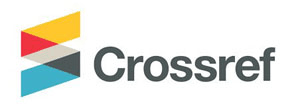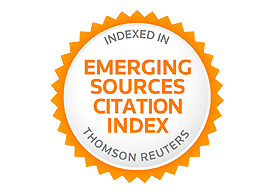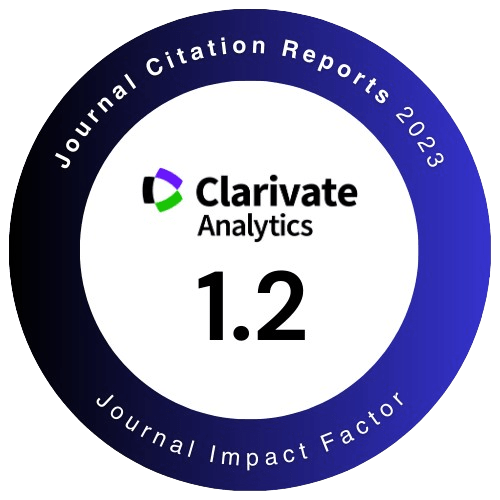Multi-Generational Analysis on Behavioral Intention to Use Public Transportation using Structural Equation Modeling: Evidence from Indonesia
Abstract
Air pollution and traffic congestion are significant challenges in Indonesia, particularly Jakarta. These challenges arise mainly from the rapid increase in private vehicles in recent years, leading to congested roads, environmental issues, and health risks due to emissions. Therefore, this study examines the factors influencing the inclination of Behavioral Intention (BI) of Generations X and Y to use public transportation. It focuses on Generation X and Y (Millennials) who use public transit and private vehicles in Jakarta City. The study adopted a model that combines the Theory of Planned Behavior (TPB), the Technology Acceptance Model (TAM), Environmental Concern (EC), and demographic factors. The conceptual model was validated through expert interviews. The gathered data were then analyzed using Structural Equation Modeling (SEM), and program recommendations were derived from the interviews. The result shows that only EC influences the BI of Generation X. Meanwhile, the BI of Generation Y is controlled by Perceived Ease of Use (PE), Perceived Usefulness (PU), Subjective Norm (SN), and EC. The recommended programs are introducing eco-friendly public transportation options, enhancing inclusivity and accessibility for passengers, integrating public transportation modes, and improving electronic payment systems.
Keywords
Full Text:
PDFDOI: https://doi.org/10.14716/ijtech.v15i2.6704
